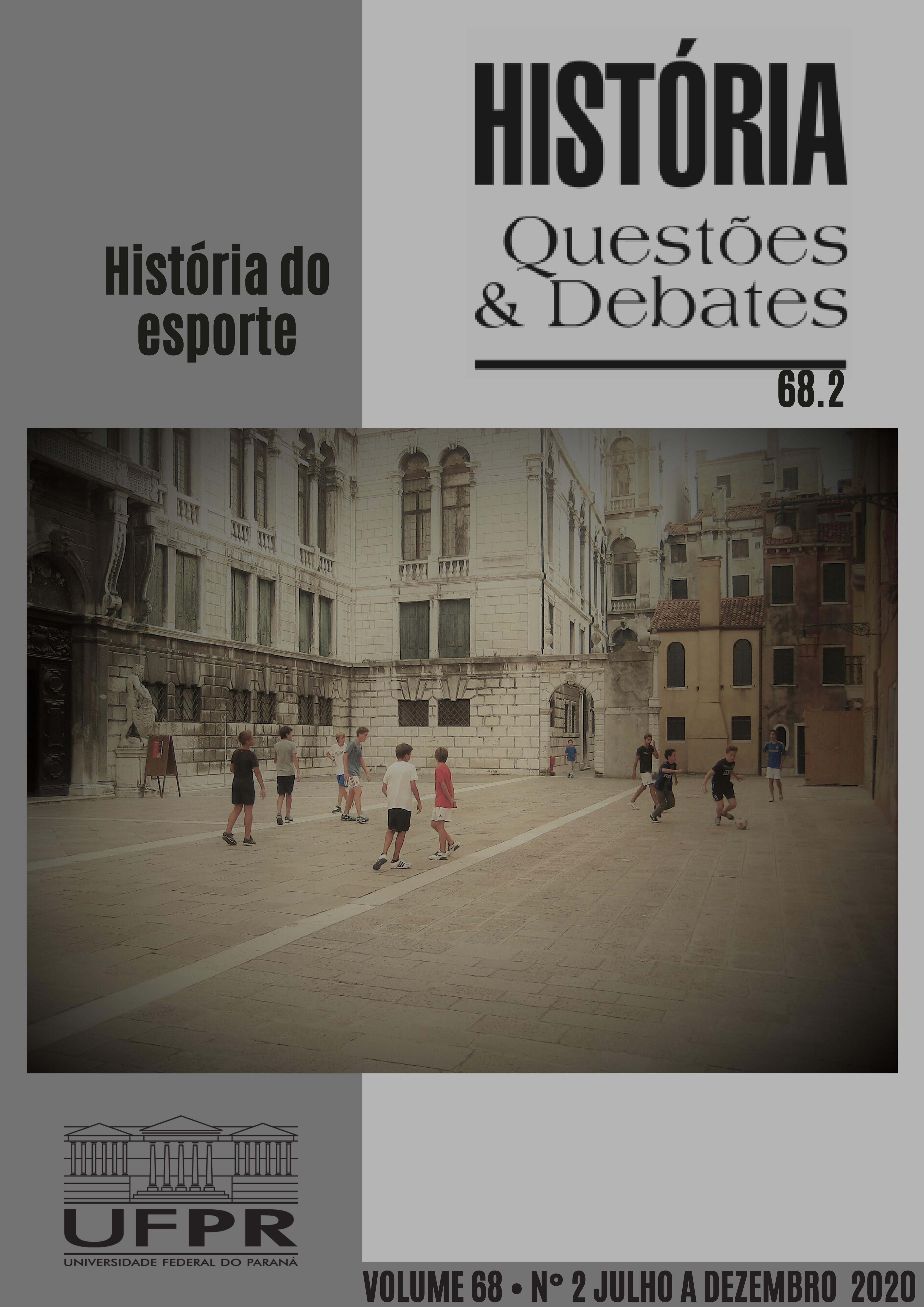The legacy of a cultural elite: the British Olympic Association
DOI:
https://doi.org/10.5380/his.v68i2.72302Palavras-chave:
Intangible Cultural Heritage, Amateurism, British Olympic Association.Resumo
Abstract: Changes in the State’s attitudes towards intervention in elite sport, particularly its willingness to invest through the National Lottery after 1996, resulted in Britain rising from thirty-sixth in the Olympic table in 1996 to second place in 2016. Government involvement marked a turning point for many long-established British sporting traditions and this paper examines a significant influence on these traditions, the British Olympic Association (BOA), and its propagation of amateurism, an intangible cultural heritage (ICH) generated by the cultural elites who formed and subsequently controlled the BOA. Cultural elites have the capacity to shape societal values through the application of their own principles and their creation of an ICH is considered here through a case study that exposes the power relations that operate when considering heritage as a cultural transmission process. The authors highlight the functioning of an elitist circle, a ‘cultural heritage elite’, by exploring how a sporting aristocracy used their cultural power to impose their own hegemonic vision of how sport should be managed and played, resulting in a long-lasting ICH predicated on the principles of amateurism and the importance of the volunteer. This paper draws on a range of archives, including BOA records from the Olympic Study Centre in Lausanne, to illustrate the impact of this upper-class cultural elite on the development of Olympic sport in Britain and to demonstrate how they retained control for nearly a century before bureaucratic rationalization reduced their power and influence, although the authors also conclude that their legacy of class interests still resonates.
Downloads
Publicado
Como Citar
Edição
Seção
Licença
Direitos Autorais para artigos publicados nesta revista são do autor, com direitos de primeira publicação para a Revista. Em virtude da aparecerem nesta revista de acesso público, os artigos são de uso gratuito, com atribuições próprias, em aplicações educacionais e não-comerciais.
Os textos da revista estão licenciados com uma Licença 
Creative Commons Atribuição-NãoComercial-CompartilhaIgual 4.0 Internacional.



